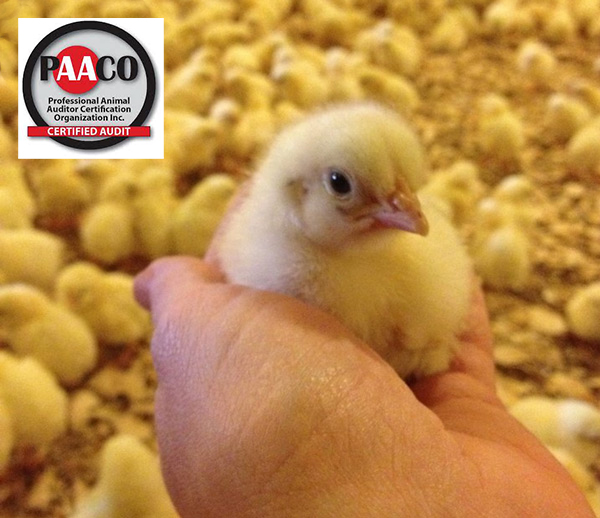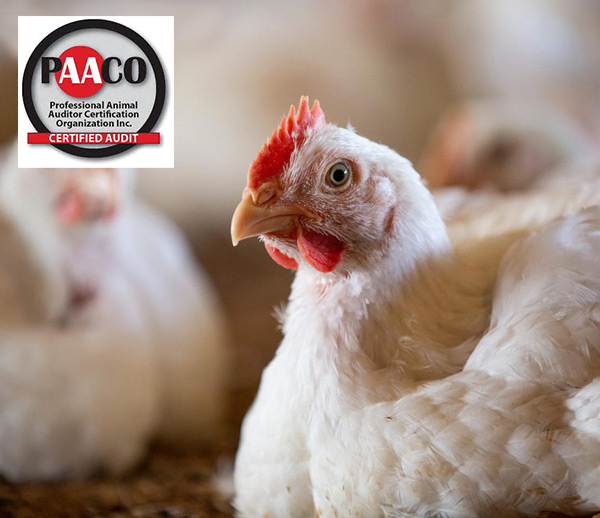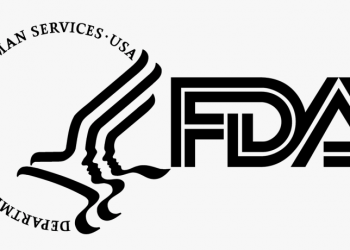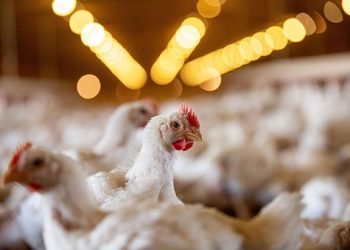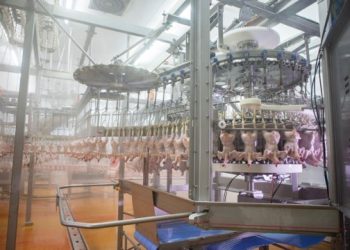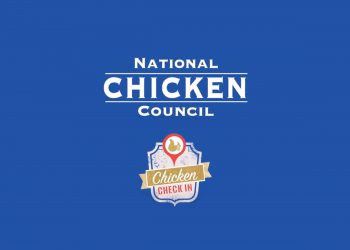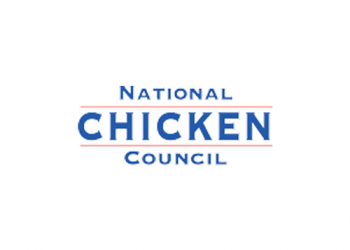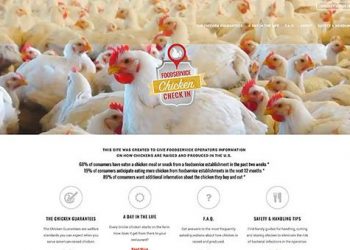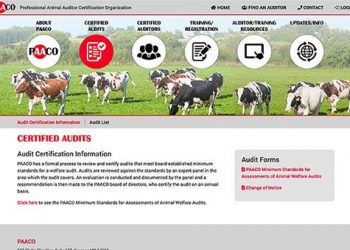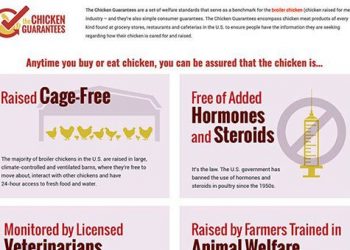The chicken industry has developed a specific set of expectations that will ensure that the birds we raise are taken care of with the highest standards starting at hatch.
Consumers want to be sure that all animals being raised for food are treated with respect and are properly cared for during their lives.
The people, families, and companies involved in raising broilers – chickens raised for meat – share the public’s concern. We recognize that we have an ethical obligation to make sure that the animals on our farms are well cared for.
Since healthy, top-quality chickens are needed for food, proper treatment is not only an ethical obligation, but it makes good business sense. To assist the people and the companies who produce and process chickens for food, the National Chicken Council (NCC) developed the NCC Animal Welfare Guidelines and Audit Checklist which have been widely adopted as a baseline by chicken farmers and processors to ensure all U.S. chickens are being properly cared for and treated humanely. Periodically revised, the guidelines cover every phase of a chicken’s life and offer the most up-to-date, science-based recommendations for the proper treatment and humane care of broiler chickens.
The industry’s approach to the well-being of the birds is focused on objective measures and welfare outcomes throughout the birds’ entire lives. Carefully formulated feed, access to a plentiful supply of clean water, adequate room to grow, professional veterinary attention, and proper handling are all important factors in the management of young meat chicken flocks, also referred to as broilers, and the production of high-quality food products.
According to the guidelines, birds must have enough space to express normal behaviors such as dust bathing, preening, eating, drinking, etc. The number of birds in a chicken house (also known as “stocking density”) is based on a few factors, including the overall size of the barn and the target market weight of the birds – and is in place to ensure that every chicken when fully grown have space to access fresh water and feed throughout their life.
Among other things, NCC’s guidelines include chapters on:
- Corporate commitment
- Hatchery operations
- Proper nutrition and feeding
- Appropriate comfort and shelter
- Health care and monitoring
- Ability to display most normal behaviors
- On-farm best practices
- Catching and transportation
- Processing
- Breeder Operations

After a significant review process, NCC’s broiler and broiler breeder welfare guidelines were certified by the Professional Animal Auditor Certification Organization (PAACO), a leading authority on animal welfare auditing who provides high quality training and certification credentials for auditors and audits. With this certification, consumers and customers can feel confident that when buying and eating chicken, the birds were well-cared for and treated humanely.
All current measurable data – livability, disease, condemnation, digestive and leg health – reflect that the national broiler flock is as healthy as it has ever been. But the industry is committed to continuous improvement.

For more information about chicken
welfare, visit Chicken Check In.

